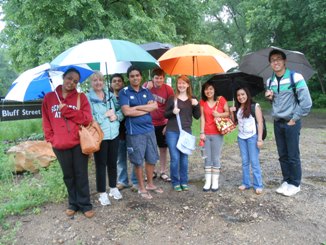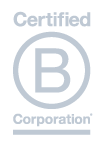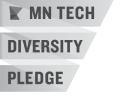Post by Marketing Intern Hugo Narumiya
As an international student at the University of Minnesota, I have had many opportunities to be immersed in meaningful learning experiences. Just a few from my list are: completing my internship in a small business focused on helping nonprofits through technology, taking leadership development courses, participating in leadership workshops, and volunteering in student organizations. I’ve also had a great opportunity this summer to mentor a group of undergraduate students through a Global Leadership for Social Change: A Cedar Riverside Immersion course, which has taught me a great deal about the importance of being a good leader, and most importantly the skills someone needs to practice as a leader.
3 Skills You Must Develop to be a Good Leader
The ability to view problems from different perspectives
Developing self-awareness and the capacity for self-reflection are essential to understanding how you can cultivate relationships and connect your strengths and weakness with your team. Leadership requires awareness to plan a course of action, developing a repertoire of skilled cultural behaviors, and knowing when to use each one to communicate effectively and appropriately in diverse contexts.
The ability to adapt to changing environments with flexibility
In a constantly changing environment, being mindful is the key to maximize the benefits of leading yourself and leading others. This creates possibilities for members to use wisdom to accept differences, and to engage with ambiguity to learn from their own efforts and mistakes. Those qualities gained through social and interpersonal interactions develop a sense of understanding different cultural motivations in your own behavior and that of others.
The ability to enable members to act
The sense of community is built through sharing resources between members. It is necessary to develop capacity in others, making them feel powerful and welcomed to act in collaboration in ways that value difference, risk taking, and high performance. Know when to take the lead on projects, and when to give your team the ability to act on their own ideas as well.
Leadership is essentially an interactive and experiential process. The way you learn about your own abilities and the way you connect with others involves hard work, perseverance and creativity.


 thedatabank, gbc is technology for change, and we walk the talk.
thedatabank, gbc is technology for change, and we walk the talk. 

